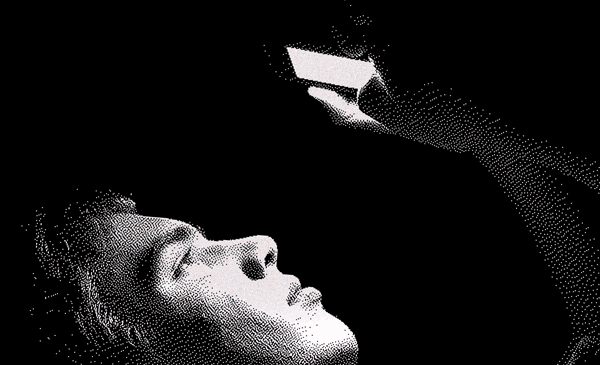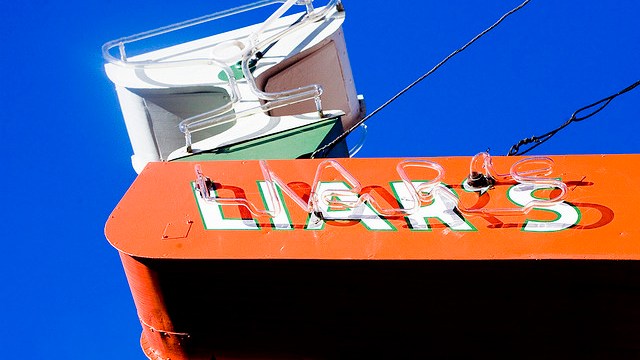Study: Just Thinking About Alcohol Makes People More Aggressive

Why exactly do fights break out when people are drinking? You might think it’s simple biochemistry—alcohol molecules wreaking changes on brain cells, leading to behavior change, leading to a broken nose and community service. But simple biochemistry isn’t enough to explain much about mental life—not even such supposedly straightforward experiences as tasting wine, enjoying a steak or feeling better after taking an aspirin. People find wine more complex if they think it’s expensive; they find meat tastes better if it came from a rare animal; and pain pills work better on those who think they cost more. So there must be more than organic chemistry to the link between drink and aggression. This study, for instance, found that people who’d merely seen words like “vodka” or “whiskey” were nastier afterwards than people who hadn’t.
In fact, the words were flashed on computer screens for only 17 milliseconds each, so the people watching (78 French university students) weren’t even aware that they had seen them. In their experiment, Baptiste Subra, Dominique Muller, Laurent Bègue, Brad J. Bushman and Florian Delmas divided the volunteers into three groups, some of whom saw the alcohol-related words, while others saw “assault” and other words related to aggression. The third group saw neutral words like “water.”
After “priming” them with the flashed words, the experimenters annoyed the hell out of all three groups, by giving them a “boring and difficult” computer task to do, then faking a computer malfunction that threatened to make everyone repeat the whole exercise. Then the experimenter running the operation asked his victims to rate him. On the form they filled out, it was clear that their rating would help decide the psychologist’s future.
Given this opportunity for revenge, the three groups might have given similar ratings. Instead the group primed with “alcohol” words wanted to do more damage than the “neutral” word cohort—they were significantly more negative. In fact, they were just as aggressive as the third group, which had been primed with fighting words.
Subra et al. say their result discredits two common ideas about drinking and aggression: One is the biochemical model (obviously, no actual alcohol was involved here). The other is what I think of as the “Las Vegas” model: It holds that drinking acts as a psychic permission slip, loosening people’s self-control even if they aren’t physiologically drunk. That “expectancy” theory, this paper argues, isn’t enough to explain the links between alcohol and violence. You don’t need a bar or frat party to nudge people toward a fighting stance, it suggests. The sight of a beer bottle might be more than enough.
Subra, B., Muller, D., Begue, L., Bushman, B., & Delmas, F. (2010). Automatic Effects of Alcohol and Aggressive Cues on Aggressive Thoughts and Behaviors Personality and Social Psychology Bulletin, 36 (8), 1052-1057 DOI: 10.1177/0146167210374725![]()





